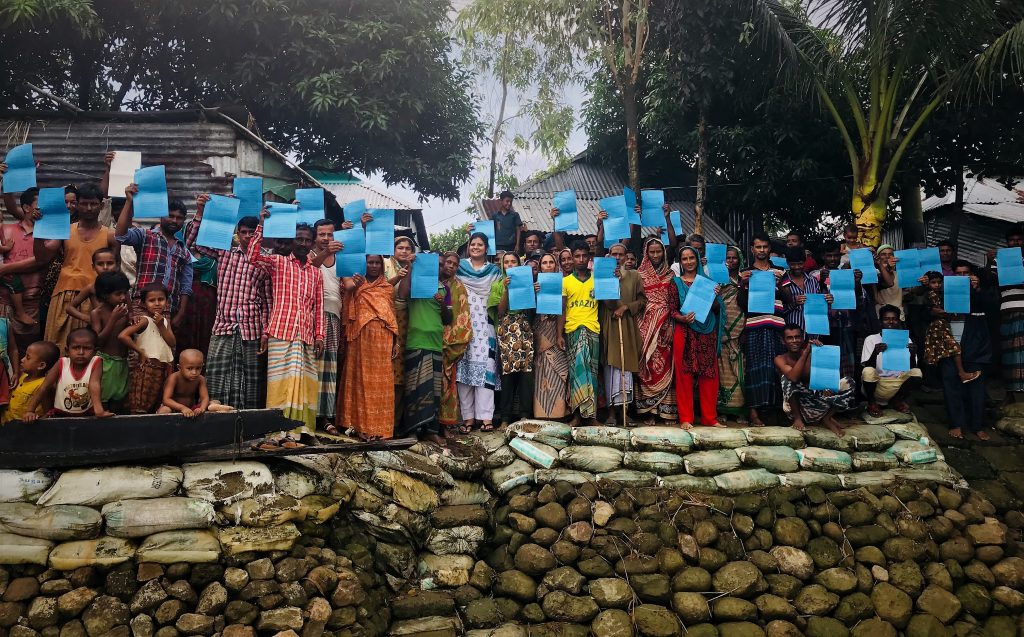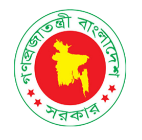The program facilitated the self-selected Community Groups to allow participants to sit together and resolve their development challenges and engage with service providers and markets with better-negotiating power as they have the strength in numbers. These groups also provide opportunities to learn for members and provide linkages needed for emergencies and other times of need.
600+ poor and extreme poor participants became Union Parishad Members
The program mobilized communities who have preferred self-selected, gender and age disaggregated groups to ensure homogeneity of issues and that people are facing similar issues and can engage freely with one another. All groups have both social (health, disaster risk reduction, gender, collective action for services and markets) and economic focus (savings, farm, and non-farm income options).
“Earlier when poor people like us went to these offices, we are hardly even seen by the boro shahebs (senior/ high position officials). Due to years of SHOUHARDO’s work for linking us with them, now we are seen. They call us ‘Ma/ Chachi’ (mother/ aunt) and offer us seats.”
Beli Begum from Gaibandha
The program strengthening capacity of the targeted communities on raising their voice and negotiate required services from the local government and different Nation Building Departments (NBDs). This provided them the confidence to make necessary interactions with the service providers collectively. Self-selected Community Group approach working well in identifying their issues and solutions with necessary support from different services providers such as vaccinator, extension workers from the Department of Agriculture Extension, Department of Livestock, and Department of Fisheries.

The program is also strengthening participatory spaces for the poor and extreme poor to ensure their voices are heard through the inclusion of poor and extreme poor representatives in the Union Development Coordination Committee (UDCC) run by the local government, participation in Ward Shova, and the Open Budget meetings. The poorest segment has gradually become pro-active in raising their concerns and demands to the local authorities. Community Groups, including female representatives, are submitting their demand-notes to the Union Parishads before their final budget is being finalized. The inclusion of poor and extreme poor in government ICT facilities also has a great impact on their day-to-day dealings.


